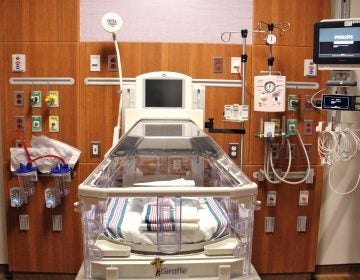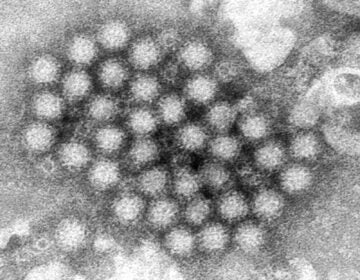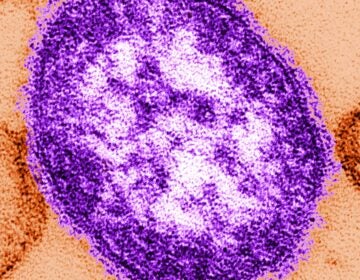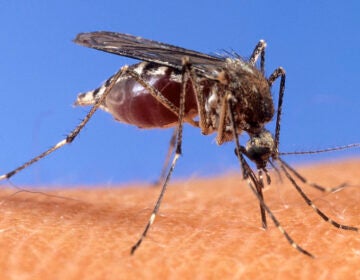A contagious stomach bug is circulating in the Northeast. Here are the symptoms
The area currently has the highest positivity rate for norovirus, which causes vomiting, diarrhea and stomach cramps.

Norovirus typically isn't deadly, but it is contagious and miserable to experience. (Pexels)
This story originally appeared on 6abc.
A stomach bug is making the rounds in our area, especially in South Jersey.
It is known for spreading easily from person to person and comes with very unpleasant symptoms.
The bug struck the Joyner household last week in Cherry Hill.
“With two young ones, it’s inevitable you’re going to have that stuff,” said dad Jacob Joyner. “My 2-year-old was dealing with some stomach issues last week, his whole day care seems to be having issues.”
And they’re not alone. According to CDC data, the Northeast region of the U.S. has the highest positivity rate right now for norovirus, which causes vomiting, diarrhea and stomach cramps.
Doctors at Children’s Hospital of Philadelphia have noticed several gastrointestinal viruses circulating in the community.
Earlier this month, Irving Primary School in Middlesex County, New Jersey closed because of a gastrointestinal illness outbreak. The school underwent a deep cleaning before reopening for class.
“It is incredibly contagious,” said Dr. Alfred Sacchetti from Virtua Our Lady of Lourdes Hospital. “Just one particle of the norovirus that you ingest will get you sick.”
He says these viruses spread easily, especially among kids. He also says GI viruses tend to resist hand sanitizers that many rely on to wash up.
“Purel and the alcohol-based stuff doesn’t get through the envelope of the virus, and it’s still contagious on your hands,” said Sacchetti. “Soap and water is the only thing that’ll really protect you from this.”
Doctors say one of the biggest things to watch out for with these illnesses is dehydration.
While many people deal with these awful symptoms at home, if you can’t keep any fluids down and you’re getting very lethargic, you might want to go get checked out.
How to prevent norovirus
- Wash your hands often
- Rinse fruits and vegetables
- Cook shellfish thoroughly
- Stay home when sick and for two days after symptoms stop
- Avoid preparing food for others when sick and for two days after symptoms stop
How you treat norovirus
If you have norovirus illness, you should drink plenty of liquids to replace fluid lost from vomiting and diarrhea, according to the CDC. This will help prevent dehydration.
Antibiotic drugs will not help treat norovirus infections because they fight bacteria, not viruses.
How the virus spreads
- Having direct contact with someone with norovirus, such as by caring for them, sharing food or eating utensils with them, or eating food handled by them.
- Eating food or drinking liquids that are contaminated with norovirus.
- Touching surfaces or objects contaminated with norovirus and then putting your unwashed fingers in your mouth.

Get daily updates from WHYY News!
WHYY is your source for fact-based, in-depth journalism and information. As a nonprofit organization, we rely on financial support from readers like you. Please give today.






